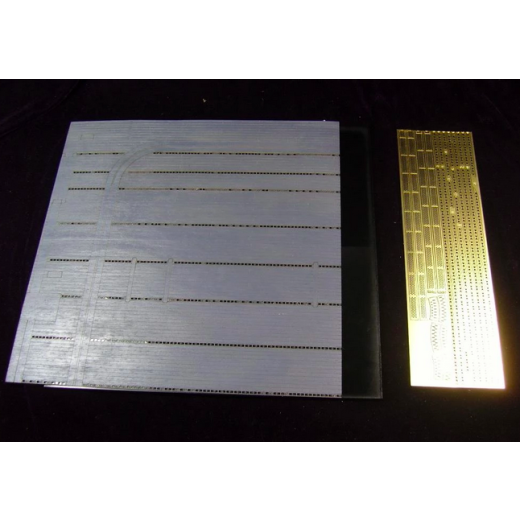This is a Scale Model Kit, Paint and Glue are not included.
The Heinkel He-111 is a German, twin-engine, metal, semi-shell, low-wing, low-wing bomber from the Second World War. The prototype flight took place on November 17, 1934. In the period 1934-1935, three prototypes for the Luftwaffe were created, marked V1, V2 and V3, the last of which became the basis for the creation of a pre-production batch (He-111A-0), but it turned out to be unsuccessful due to too weak engines. This resulted in further research and experimentation with other engines, which ultimately led to the development of the He-111H, which was produced on a large scale from 1940 onwards. Two Junkers Jumo 211 engines with 1100 HP each were used as the drive unit (from the H-3 version). It was this version that was used on a large scale during the Battle of Britain in 1940. During World War II, a dozen or so versions of the He-111 were created, and each of them had their own modernizations. The most important, apart from the aforementioned "H", which also served as a torpedo bomber (He-111H-6) and, for example, an aircraft marking targets for other bombers (He-111 H-18), is the "P" version using two Daimler-Benz DB engines 601A-1 and used min. during the September campaign. On the other hand, the most original version is the He-111Z "Zwilling" (German: twins), which is an example of an unusual "combination" of two He111 bombers. The task of this unusual machine was to tow a giant Me 321 glider or three Go-242 gliders. A version of the He-111Z2, which was supposed to carry 4 Henschel Hs-293 missiles, also appeared, but it was not used in combat. A total of approximately 6,500 all versions of the He-111 were manufactured. Technical data (version He-111H-6): length: 16.4 m, wingspan: 22.6 m, height: 4 m, maximum speed: 440 km / h, rate of climb: 4.3 m / s, maximum range: 2300 km, ceiling maximum 6500m, armament: 7.92mm MG15 or MG81 machine guns, one MG FF 20mm cannon and one 13mm MG131 cannon, suspended - up to 2000 kg of bombs.






